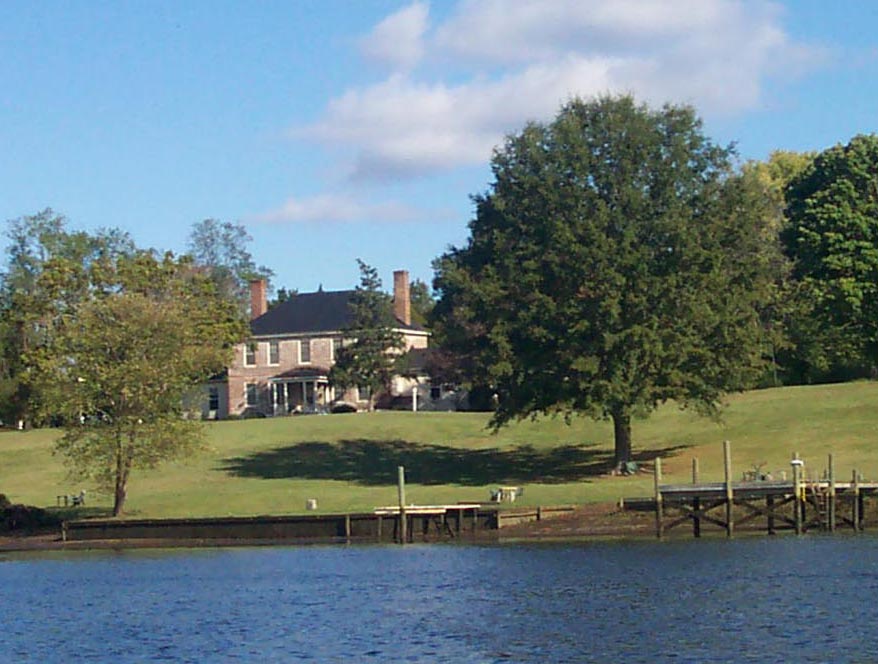
Who Speaks For The River

On October 25th the King and Queen County Historical Society meeting was held on the banks of the Mattaponi River at historic Whitehall, a handsome brick mansion built before 1780. The group was welcomed by current owner Mrs. Margaret (Peg) Babyak. Ms. Dori Babyak Chappell and Mr. and Mrs. Randy Shank spoke about the importance of the Mattaponi River, noting ways to protect it. The presentation was in three parts. Randy Shank, retired from Virginia Polytechnic Institute with experience in water quality projects for the Chesapeake Bay, talked about the uniqueness of the Mattaponi River and its contribution to the ecology. He conveyed that it is a 100 mile long treasure with some wild life and vegetation that are not seen anywhere else in the state. Because of the rural nature of the surrounding counties, its banks are relatively undeveloped. It is one of the cleanest rivers on the east coast and deserves “watchmen” to protect against unfettered development and pollution.
Dori Chappell told the “David and Goliath” story of the City of Newport News’ proposal to siphon water from the Mattaponi to a reservoir it would create in King William County. The battle to prevent this lasted 20 years, but through ingenuity, unity, determination, and persistence the “local residents” finally won. She summarized how the river has been used in the past and how it is used today. Through pictures and anecdotes she related how three generations of the Babyak family have used the river as an attraction for their boys camp and recreational venue, and for personal enjoyment.
Dawn Shank, retired from the Virginia Department of Conservation and Recreation’s Public Communications Office, discussed how citizen involvement in resource management efforts, education, and conservation issues helps to protect the river. She covered the mission and activities of the Mattaponi and Pamunkey Rivers Association (MPRA), an organization dedicated to the protection of the Mattaponi and Pamunkey Rivers region’s natural resources. More detail can be found on their website http://www.mpra.org/.